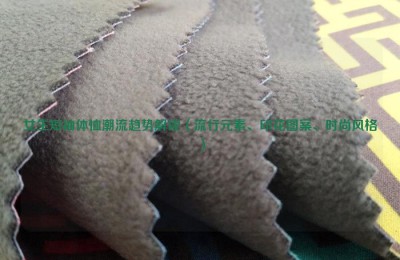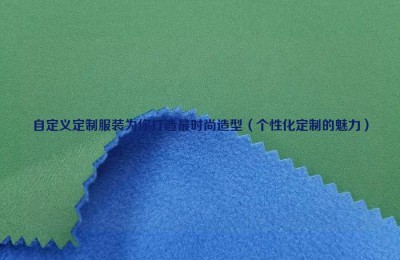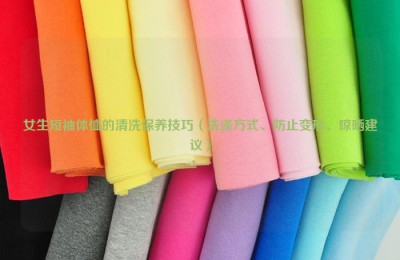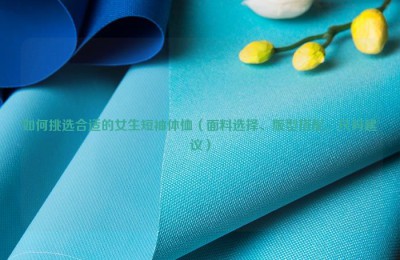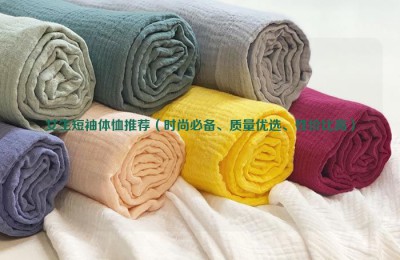Affected by the Sino-US trade war, consumer confidence has declined, and Australian wool prices have fallen to the lowest level in 18 months. The Australian wool industry hopes that the tense tensions between China and the United States will end as soon as possible.
The Australian Wool Exchange Eastern Composite Index (AWEXEMI) shows that the wool price in the last week of the 2018/19 financial year ended last week was 1,715 cents/kg, a year-on-year decrease. 341 points, down 172 points from the previous month, the largest single-month decline since Australian wool was deregulated in 1991.
According to the Australian Broadcasting Corporation, Fox and Lillie Rural wool trader Wes McNaughton said that the recent decline was “abnormal” and was caused by trade uncertainty. promote.
“About 80% of Australian wool is sold to China. Affected by the Sino-US trade war, consumers have lost confidence,” McNaughton said, “People still like wool and want to buy wool. We need it, but when the world is in turmoil, no one will buy it.”
Although during the G20 summit, US President Trump (Trump) and the Chinese state President Xi Jinping held talks in Osaka during which the U.S. president said he would not propose new tariffs while trade talks between the two countries continue. But this year traders have reported slowing orders and lower prices, largely due to the trade war. upgrade.
Chris Wilcox, managing director of the National Council of Wool Sales Brokers of Australia (NCWSBA), said that the reduction in orders has led to an increase in wool inventories in Chinese processing plants. “U.S. retailers are very cautious and they are reluctant to place orders for yarn and fabric, so it has a knock-on effect on Chinese factories.” Wilcox said the textile industry has been left with excess inventory in anticipation of a drop in orders.
It is not only the upstream companies in the industrial chain that are affected by the trade war, but also MichellWool, a wool processing and export company headquartered in Adelaide. Amid trade war pressure, President Steven Read said fashion brands and clothing manufacturers are reporting slowing sales.
“Trade tensions, mixed tweets, and actual tariffs have all contributed to a loss of consumer confidence,” Read said.
Despite the gloom, wool prices remain at record highs. Last year, the price of Australian wool reached 2116 cents/kg in August, a record high.
Wool trader MacNaughton said wool remained healthy and there were some signs of optimism following weekend talks between China and the United States. We feel that (the talks have) had some impact because we have received some positive information from Chinese customers and they are paying attention to this market. McNaughton said.
Read said, “Uncertainty does make consumers tighten their wallets, so when China and the United States reach a resolution and agreement on new trade terms, I hope consumers will return to the market and spend money on wool products again.”
AAA57865ERT34GSD

